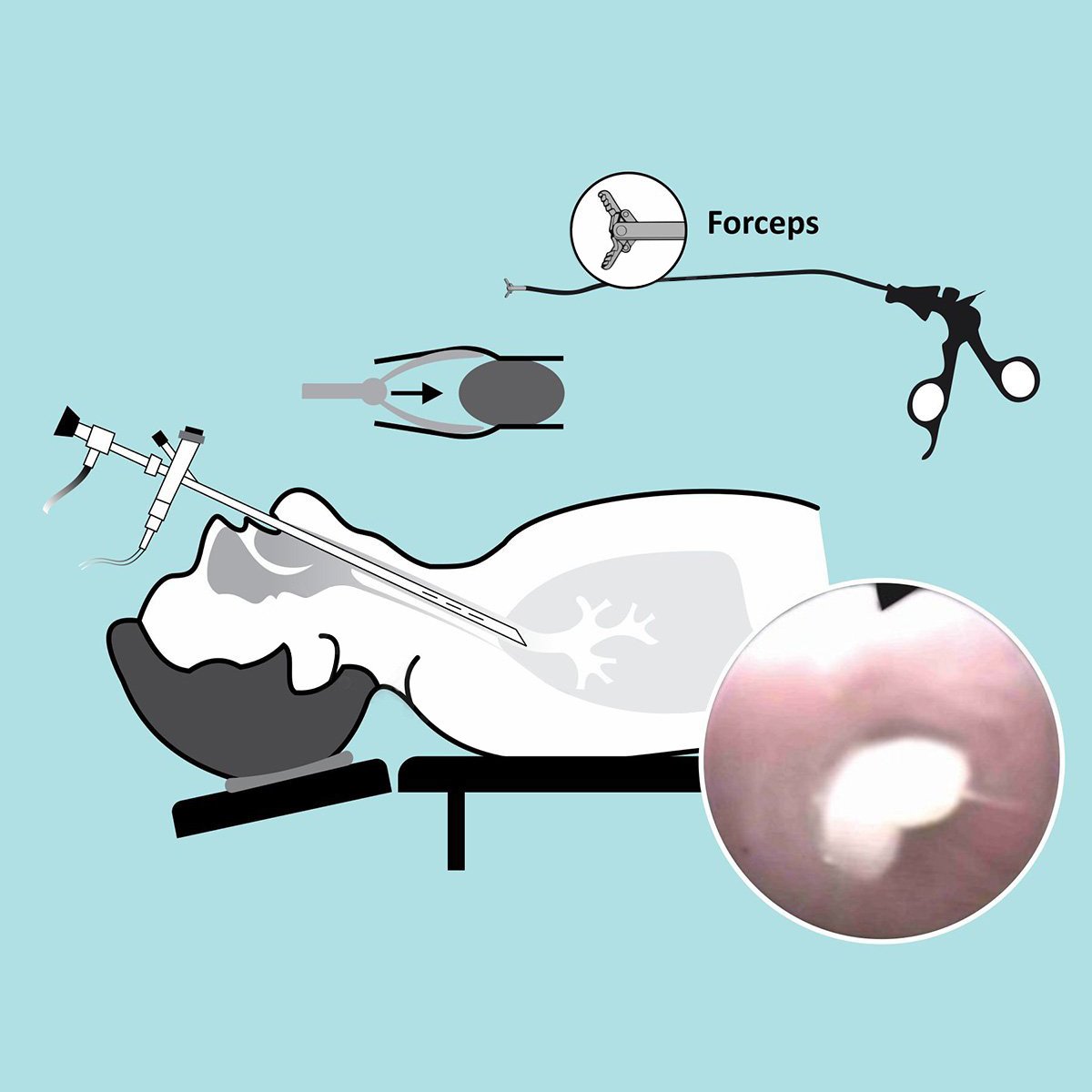
Interventional Bronchoscopy is a vital and rapidly expanding medical field in respiratory medicine, offering minimally invasive therapeutic and palliative procedures. This technique involves the use of a flexible telescope (bronchoscope) to examine the trachea, bronchi, and lungs, and can be applied to diagnose and treat various respiratory conditions, such as peripheral pulmonary nodules, airway secretion management, and biopsies.
The modern applications of interventional bronchoscopy include therapeutic bronchoscopy, which improves quality of life and lung function, weans patients from ventilation, and stabilizes respiratory conditions. This non-surgical procedure also allows for the collection of tissue samples from both the lung and nearby lymph nodes.
In recent research, there is a novel approach focused on reversing airways metaplasia and chronic mucus hypersecretion using selective cellular ablation, preserving a framework of extracellular matrix .Furthermore, interventional bronchoscopy plays a significant role in the treatment of lung cancer, especially for those who may not be candidates for surgical resection due to accompanying diseases.
Overall, interventional bronchoscopy is a valuable tool in modern medicine for diagnosing and treating a wide range of respiratory conditions, offering minimally invasive alternatives to traditional surgical procedures.
